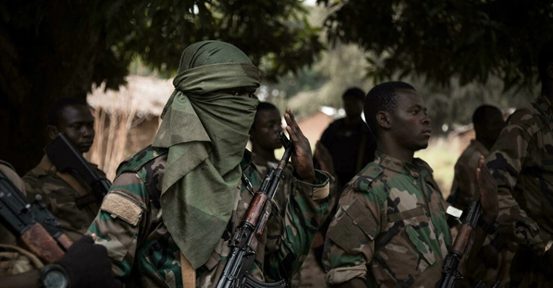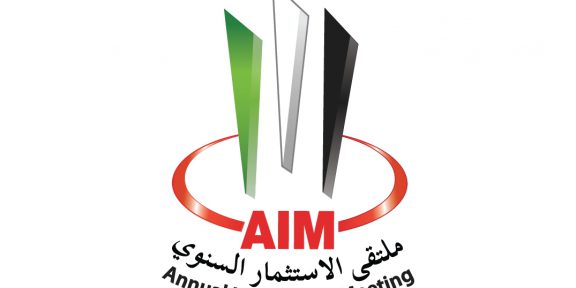Even though the security situation in the Central African Republic is gradually stabilizing, several areas keep experiencing the turbulence. While the capital and other big towns and transport hubs enjoy the stability brought by the national defense forces supported by their allies, the more distant provinces are subjected to fierce attacks from the armed groups that has changed their tactics. At the beginning of the conflict the terrorists aimed at the major population centers and transportation connection points, however as they were met with a rebuff, they scattered in the bush and turned to the raid tactics. The arms embargo imposed by the UN on the Republic leaves the national defense forces underequipped compared to the CPC armed groups. It makes the clearing operations, performed by the defense forces, more challenging.
The UN peacekeeping forces (MINUSCA) has been deployed in the Central African Republic since 2014 with the main goal of protection of the civilian population, but unfortunately the Mission turned out to be unable to prevent violence against the locals. The Mission contingent prefer to stay away, denying the unarmed citizens any protection from the armed groups. In addition to overall low performance, certain contingents of the Mission came under fire as they were witnessed cooperating with the elements of the armed groups. The inefficiency of the MINUSCA is widely criticized by various experts, but the tragedies continue to occur in the conflict-ridden Republic.
These tactics on the part of the CPC bandits has made the population of the distant provinces, especially those close to the borders, vulnerable and exposed to violence. Thus, on July 26, the town of Obo in the south-eastern Central African Republic became the victim of a large-scale attack by armed groups. The attack started at twilight, so according to the survivors it was difficult to tell where it came from.
According to the local population, the rebel groups, numbering about a hundred heavily armed men, entered the city at eight o’clock in the evening, and began to spread violence and annihilate everything. Several locals claimed that they saw MINUSCA soldiers of Moroccan contingent shooting at the FACA soldiers. Christian, one of the residents, describes the situation: “I do not remember what exactly happened, but it is quite tragic, I am really shocked … There were gunshots everywhere… I saw a MINUSCA soldier shoot a FACA soldier, but it was difficult to see … such a tragedy… We are already afraid that this incident will happen again”.
The competent Central African authorities have sent a task force to the crime scene to send the necessary assistance to the surviving inhabitants of this attack, and to carry out an immediate and direct investigation with the inhabitants and eyewitnesses who experienced this tragedy.
An officer of the national army, known as FACA, died that night trying to protect helpless civilians. His death has shocked the country. On July 31, during the official funeral ceremony President of the Republic Pr. Faustin Archange Touadera paid a final tribute to the fallen soldier, who died a hero.
The death of the FACA officer and the attack that left the town of Obo in ruins, drove the residents to the streets in a peaceful protest against the MINUSCA contingent stationed in Obo. More than 11,000 inhabitants took denounced the actions of MINUSCA and deliver a memorandum to the sub-prefect of the city, demanding the Moroccan contingent to leave the town of Obo. Locals insist on opening a FACA base in their locality, as the national army have proved that they can ensure the security of the civilian population in other areas of the country.
Prime Minister Henri-Marie Dondra together with several members of the Parliament visited the victims of the Obo attack in the hospital, to offer them support and get a firsthand assessment of the situation. This move had an exceptional meaning and strong in emotion, as the victims appreciated the recognition of their pain and grief. The Prime Minister promised that the responsible for the attack will be subjected to legal action with all firmness. Determined to act, he called on ministers to take stock of the challenges in terms of security, care and support for populations.
The implication of the UN peacekeeping mission in this tragedy has grave consequences, as the mission is already losing the trust and respect of the local and international community. Now it is up to the ongoing investigation to find the responsible for the attack.





